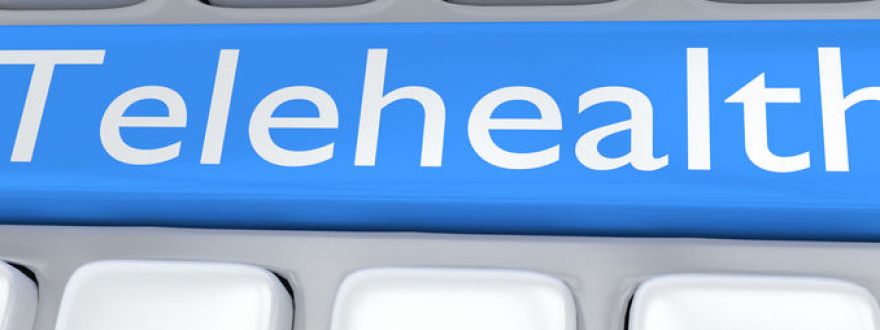
Thanks to the state of the world right now given the COVID-19 pandemic, the Centers for Medicare and Medicaid Services has been busy updating relevant documentation and ensuring things are as clear as possible. To that end, CMS has updated its frequently asked questions (FAQ) pertaining to telehealth and mHealth coverage under its Medicare fee-for-service guidelines.
What is Telehealth and mHealth Coverage?
According to the Health Resources and Services Administration, telehealth is the method through which information and other health-related services are administered using telecommunications. This is distinct from telemedicine in that telehealth involves preventative care measures, like education and the provision of information.
mHealth refers to “mobile health” and involves the transmission of medicine and public health supported by mobile devices, like smartphones and tablets. Smart watches are also included under this umbrella, given their capacity to transmit medical information about the wearer to the relevant health authorities.
In terms of the coronavirus pandemic, the roles of telehealth and mHealth take on special meaning. With people on various stages of lockdown and “stay at home” orders, connecting with medical authorities requires a little innovation. That’s where telehealth and MHealth services come in handy.
To that end, it’s fallen to CMS to update terms and conditions related to exactly how these services are both billed and operating in these difficult times.
CMS Updates to Guidelines and the FAQ
In order to make sure everything is as clear as possible, the CMS changes to the relevant documentation have been precise. They have not considered changes made to fee-for-service guidelines as a result of the Coronavirus Aid, Relief, and Economic Security (CARES) Act signed into law at the end of March, however.
At the core of the COVID-19 pandemic is the regulatory approval provided by the public health emergency (PHE), which allows for something known as a 1135 waiver. This waiver authorities the Department of Health and Human Services to waive certain aspects of Medicare, Medicaid, CHIP, and HIPAA requirements to ensure access to care during the pandemic.
Naturally, this has the potential to create complications and confusion with regards to how certain medical bodies are billed.
The CMS has made a list of services provided by the relevant telehealth authorities on its website, describing the pertinent health codes for each and outlining how physicians receive compensation. Given the emergency declaration, the FAQ from CMS has been updated to reflect the fact that these services are now available to a broader range of patients and consumers – regardless of location in the United States of America.
That opens the door for several potentially new patients to access care during these difficult times, so it’s vital for those with possible COVID-19 symptoms to ensure they utilize this care to do their part to alleviate this pandemic and get the help or testing they require.
If you found this article helpful and would like even more guidance, please visit our blog where you'll find excellent information to assist you in choosing all your Medicare supplemental coverage needs. You can also contact us by phone at 724-695-3031.



